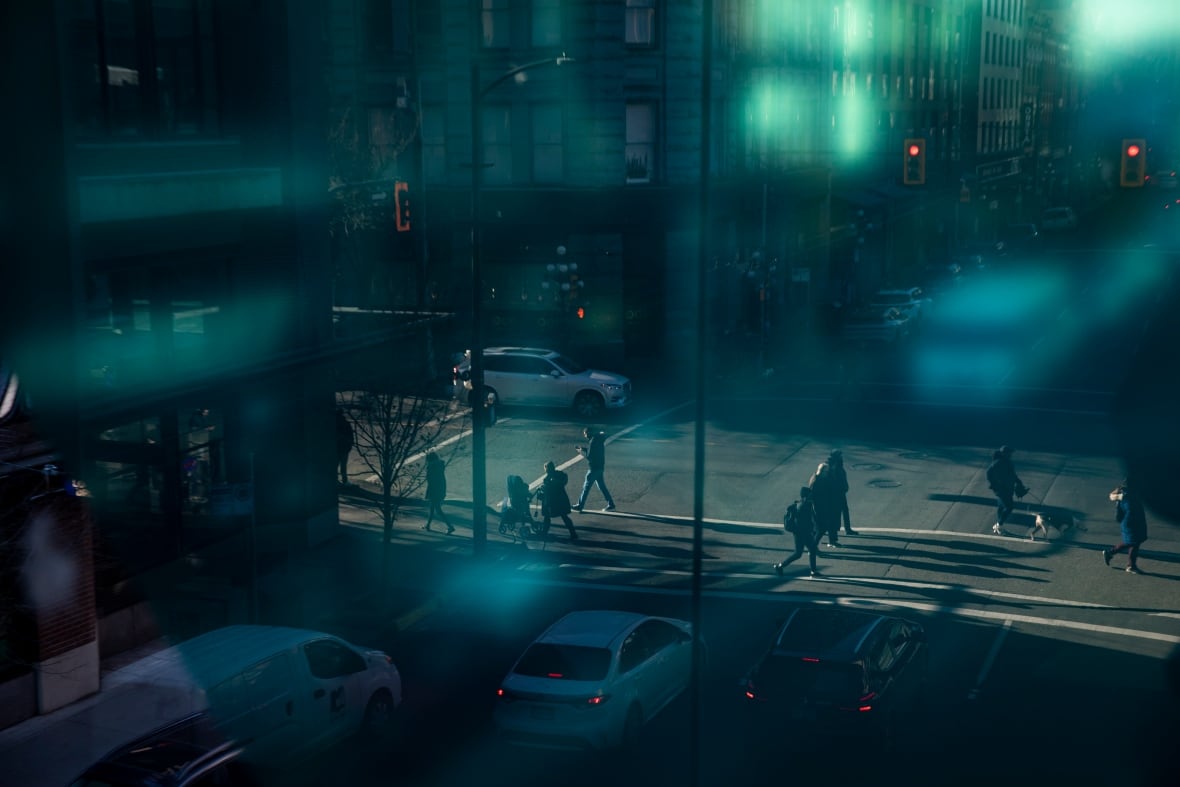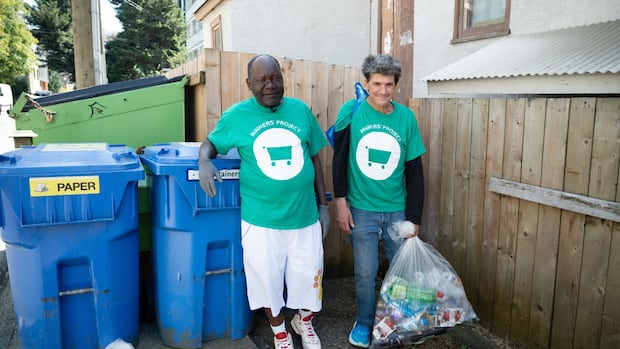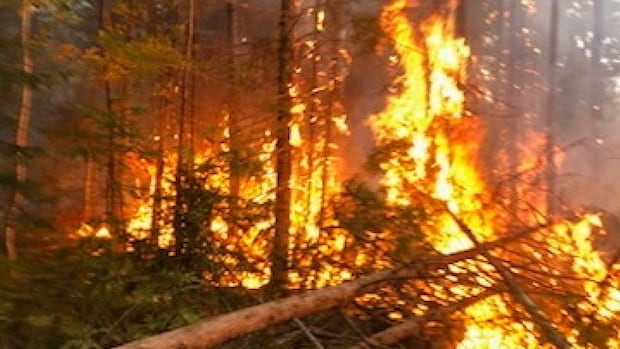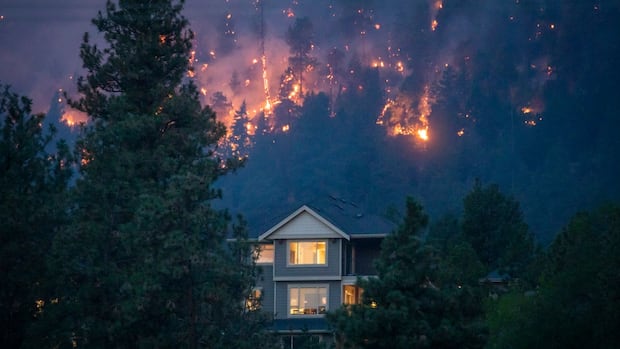Grant Kilian likes to move fast between the tall blue recycling bins he sorts through, in Vancouver’s West End alleys.
Time, but more accurately, cans are money here. The faster you can fill a bag, the faster you can get paid at the return depot. A big garbage bag full of beer cans, some of which he says he crushes, at 10 cents a pop, could earn Kilian about $30 in tax-free cash.
As he puts it, it’s just a bit of extra money for food, bills or cigarettes when everything feels tight.
“I don’t do crime or steal, so it’s just an honest way of making some extra money, and I’m pretty good at it. I can make $50-$60 in a couple of hours”, he said.
Kilian is a “binner.” It’s a word you won’t find in most dictionaries, but it bluntly describes “a person who collects redeemable containers and other things from bins to sustain their livelihood and to divert waste from landfills,” according to the definition at the Binners Project.
The group, which advocates for binners in B.C., says there are more people than ever collecting things from trash cans for money in Vancouver, especially compared to past summers.
Unsurprisingly, warmer months are the best times to find dozens of empty beer, soda and other drink containers in the city. Making $200 to $300 a night in the summer is possible, says Kilian.
Even a tenth of that, which is more of an average day’s work, seems to be enough to entice many newcomers to binning, says Francis Taban, who works at the Binners Project and has been a binner himself for 12 years.
“There’s more than you can think of,” he said.
“It used to be a few guys who had maybe had a drug addiction or maybe [were] alcoholic. Now, it becomes more people losing jobs, less income, cost of living going up.”
The rising expenses of everyday life is a reality most Canadians feel all the time, but being a low-income earner is especially difficult right now, says Lars Osberg, a professor of economics at Dalhousie University in Halifax.
People who earn less are more susceptible to job loss during economic downturns. They’re more likely to experience wage stagnation or outright lose their jobs, says Osberg.
“We have a rise in poverty and a rise in inequality,” he said.
Numbers from Statistics Canada back all that up, too.
The gap between the haves and have-nots in Canada has officially never been wider.
In the first quarter of 2025, the gap between Canada’s highest and lowest income households reached a record high. The same report underscored how the lowest-income households, defined as the bottom 20 per cent of the income distribution range, had the weakest growth in their wages compared to a year earlier.
Even in 2024, a report found one in three British Columbians didn’t make a living wage, according to an analysis of Statistics Canada data by the Canadian Centre for Policy Alternatives and Living Wage for Families B.C.

Osberg says that situation could be turned around with targeted policies like better income supports.
“We actually need a government that pays attention basically to the vast majority of people who aren’t rich, who are struggling with the day-to-day cost of living.”
Binning is a low-barrier way to make some extra cash, and according to Taban, “afford a little bit of lifestyle.”
All a person needs is time and ideally something to carry cans or bottles in, which might be why so many people are taking it up, he says.
It’s gotten so popular in parts of Vancouver that getting to the cans and bottles first has become competitive.
“It’s like dogfighting. You’re challenged by so many people,” said Taban.
He figures a person could make about $100 to $120 a week if they put enough hours into looking through bins.
But he stresses it’s not easy money. It’s really hard work carrying around heavy bags of cans and bottles, often stinking of beer and wine.
It’s a tedious job, says Taban, watching Kilian lug a garbage bag with a dozen cans and some wine bottles.
“He hasn’t even made $10 yet.”






